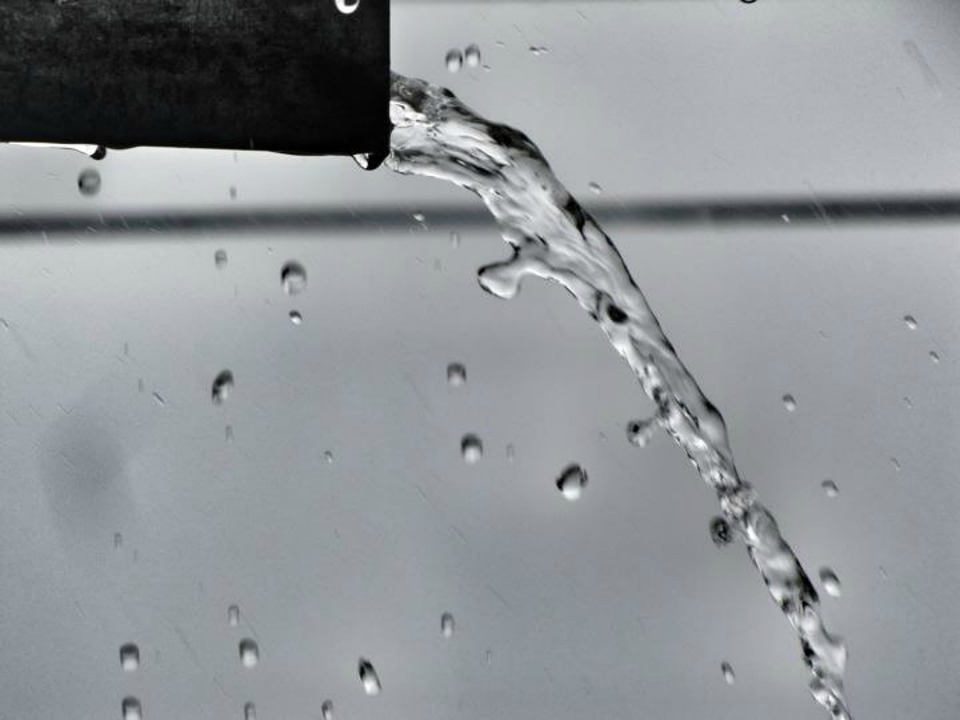Water is one of our most precious resources, yet it’s often taken for granted. With growing concerns about water scarcity and environmental sustainability, it’s crucial for families to adopt water-saving habits. This blog will explore the importance of water conservation, practical tips for the whole family to contribute, and strategies to avoid unnecessary water waste.
Why Water Conservation Matters
Environmental Impact
Ecosystem Protection: Conserving water helps maintain healthy ecosystems, supporting plant and animal life.
Reduced Energy Use: Less water usage means less energy is required for pumping, heating, and treating water, reducing greenhouse gas emissions.
Economic Benefits
Lower Utility Bills: Reducing water consumption can significantly lower your household’s utility bills.
Community Savings: Efficient water use reduces the strain on local water supplies and infrastructure, saving money for the entire community.
Future Security
Water Scarcity: With the increasing global population and climate change, fresh water is becoming scarcer. Conserving water ensures that future generations have access to this vital resource.
How Your Whole Family Can Help Conserve Water
In the Bathroom
Shorter Showers: Encourage family members to take shorter showers. Installing a timer in the bathroom can help keep track.
Turn Off the Tap: Teach children to turn off the tap while brushing their teeth or washing their hands.
Fix Leaks: Regularly check for and repair any leaks in faucets, showers, and toilets. A dripping faucet can waste gallons of water daily.
In the Kitchen
Efficient Dishwashing: Use the dishwasher only when it’s full, and opt for the eco-mode if available. If washing by hand, fill one basin with soapy water and the other with rinse water instead of running the tap continuously.
Use a Bowl: When washing fruits and vegetables, use a bowl of water rather than running them under the tap. This water can then be used to water plants.
Compost Scraps: Instead of using the garbage disposal, compost food scraps to reduce water usage and benefit your garden.
In the Laundry Room
Full Loads: Only run the washing machine with full loads to maximize water efficiency.
High-Efficiency Appliances: Invest in water-efficient appliances, such as front-loading washing machines that use less water per cycle.
Cold Water Washes: Use cold water for laundry whenever possible to save energy and water.
Outdoors
Water-Wise Gardening: Choose drought-resistant plants and use mulch to retain soil moisture. Water plants in the early morning or late evening to minimize evaporation.
Rain Barrels: Install rain barrels to collect rainwater for watering your garden.
Smart Irrigation: Use drip irrigation systems or soaker hoses to deliver water directly to plant roots, reducing wastage. Avoid overwatering by adjusting the system based on weather conditions.
General Tips
Education and Awareness: Teach children about the importance of water conservation and involve them in water-saving activities.
Water Audits: Conduct a home water audit to identify areas where water can be saved. Many utilities offer free water audit services or resources.
Dual-Flush Toilets: Consider installing dual-flush toilets that use less water for liquid waste.
How to Avoid Wasting Water Unnecessarily
Check for Leaks
Regular Inspections: Regularly inspect your home for leaks in pipes, faucets, and toilets. Even a small leak can waste a significant amount of water over time.
Water Meter Test: Check your water meter before and after a two-hour period when no water is being used. A change in the meter reading indicates a leak.
Use Water Wisely
Smart Landscaping: Avoid overwatering your lawn and garden. Adjust sprinklers to water only the necessary areas and use a rain gauge to monitor rainfall.
Broom Over Hose: Use a broom to clean driveways, sidewalks, and steps instead of hosing them down.
Upgrade Fixtures
Low-Flow Fixtures: Install low-flow showerheads, faucets, and toilets to reduce water usage without sacrificing performance.
Aerators: Add aerators to faucets to reduce water flow while maintaining pressure.
Reuse Water
Greywater Systems: Consider installing a greywater system to reuse water from sinks, showers, and washing machines for irrigation.
Watering Plants: Use leftover water from cooking (such as boiling pasta or steaming vegetables) to water plants once it has cooled down.
Conclusion
Water conservation is a critical responsibility for everyone, and it’s essential to involve the entire family in this effort. By adopting simple, practical habits, you can significantly reduce your household’s water usage, lower utility bills, and contribute to environmental sustainability. Remember, every drop counts, and together, we can make a big difference in preserving this precious resource for future generations.


